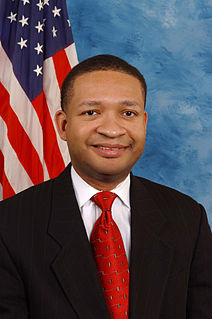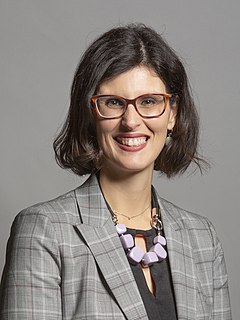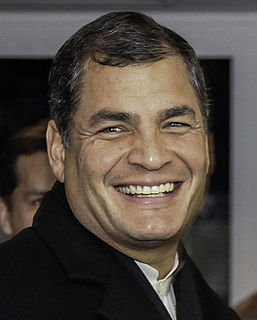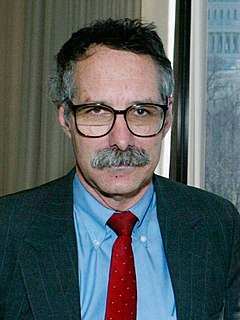A Quote by Artur Davis
Obviously, our most pressing need is subsistence for the most vulnerable victims of Katrina, but we should not overlook the fact that the victims of Katrina also include middle-class Americans who have saved and invested, but now face an economic crisis, .. They should be able to tap into their savings and meet this crisis without facing an unfair penalty.
Related Quotes
After a disaster such as Hurricane Katrina, the federal government has a profound obligation to help those in need, .. Right now, the victims of Hurricane Katrina need our help. Entire communities have been destroyed. Families have been torn apart. Many are still missing. Tens of thousands remain homeless. As the recovery proceeds, we in the Senate pledge to do everything in our power to help rebuild the shattered lives across the Gulf Coast.
But these days, there's also a strong economic argument for doing away with capital punishment. With California facing its most severe fiscal crisis in recent memory... it would be crazy not to consider the fact that it will add as much as $1 billion over the next five years simply to keep the death penalty on the books.
We sometimes emphasize the danger in a crisis without focusing on the opportunities that are there. We should feel a great sense of urgency because it is the most dangerous crisis we have ever faced, by far. But it also provides us with opportunities to do a lot of things we ought to be doing for other reasons anyway. And to solve this crisis we can develop a shared sense of moral purpose.
One intriguing subplot of the economic crisis is the failure of most economists to predict it. Here we have the most spectacular economic and financial crisis in decades - possibly since the Great Depression - and the one group that spends most of its waking hours analyzing the economy basically missed it.
Right now, however, we're in the middle of a jobs crisis, a border crisis and a terrorism crisis like never before. All energies of the federal government and the legislative process must now be focused on immigration security. That is the only conversation we should be having at this time, immigration security.
The political solutions to the refugee crisis may be complex, but that does not mean we should abandon our humanity. We should not close our hearts, retreat behind walls, real or imagined, or ignore the pressing moral imperative to provide assistance and sanctuary for some of the world's most desperate people.
Our commitment to this founding principle is especially relevant today. Americans are united as rarely before in compassion and generosity for our fellow citizens whose lives have been devastated by Hurricane Katrina. The powerful winds and floodwater of Katrina tore away the mask that has hidden from public view the many Americans who are left out and left behind.


































